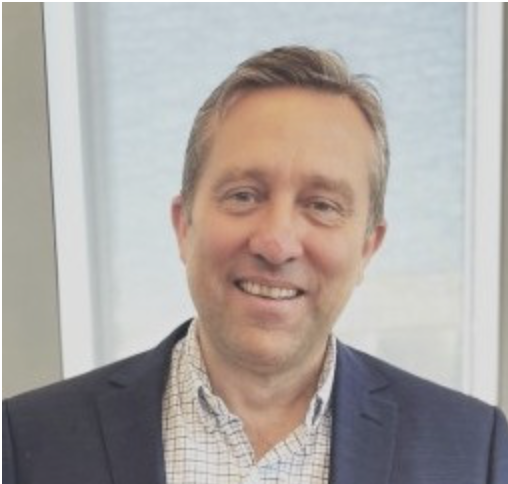Floating Offshore Wind Masterclass
Price
Duration
975€
1-Day
(Early bird: 780€)
Dates
Enroll to stay updated
Format
Course Status
Virtual (Live)
Open
Need financial assistance? Apply for a scholarship today!
Floating Offshore Wind Masterclass
The Floating Offshore Wind course is a comprehensive program designed to provide a deep understanding of the emerging field of floating wind turbines and their application in offshore environments. Participants will explore the fundamental principles, technologies, and practical considerations related to floating offshore wind, equipping them with the knowledge necessary to engage in this innovative and rapidly growing sector of the renewable energy industry.
Time Zone: CEST (UTC+2:00)
Who Should Attend:
This course is intended for a wide range of professionals and stakeholders interested in the field of floating offshore wind, including:
– Renewable Energy Developers
– Wind Energy Engineers and Technicians
– Environmental Specialists
– Government Officials and Policymakers
– Energy Analysts and Economists
– Researchers and Academics
By attending the Floating Offshore Wind course, participants will gain the knowledge and insights needed to actively engage in this dynamic sector, contribute to the development of floating wind projects, and stay informed about the latest advancements and trends in the industry.
Course Outline:
Session 1: Offshore Floating Wind
– Industry heritage on floating systems and important lesson learned from floating systems
– Floating vs fixed – which factors impact
– Environmental considerations
– Applications (power for export, electrification, other)
Session 2: Project Development Floating Systems
– Project phases
– Accuracy in each phase
– Decisions made in each phase
– Contract types typical
– Site selection
Session 3: Selection of Floating System Concept
Building blocks (floater, mooring and cable)
– Discussion of different types of floaters, mooring system
Key criteria’s for selection (incl. financing model as criteriea, TRL, technical boundaries)
Session 4: Typical Floating System Design Process
– Floater
– Mooring
– Cable
Session 5: Project Execution 1 – Floater Pre-Fabrication and Assembly
– Requirements to yard
– Typical challenges
Session 6: Project Execution 2 – WTG Integration
– Site requirements
– Typical operation (and challenges)
Session 7: Project execution 3 – T&I
– Transport to site
– Mooring and cable installation and floater hook-up
Session 8: Case Study
– Hywind Tampen Concrete Substructures and Marine Operations EPCI
Session 9: Floating Substation
– Status
– Selection of floater vs function
– Topside interface vs floater selection
– Substation alternatives
– Power Transmission System
Course Instructors:

Aamund Langelid
Senior Manager, Offshore Wind, Aker Solutions

Per Kristian Bruun
Senior Manager, Projects, Aker Solutions

Skule Pedersen
Vice President, Marine Operations Department, Aker Solutions

Jill Jørgensen
Engineering Manager for the Hywind Tampen, Aker Solutions

Rolf Løken
Chief Technical Advisor, Ocean and Wind, Aker Solutions
Rolf has 29 years of experience across management, project leadership, and technical roles in both oil & gas and offshore wind with focus on floaters and mooring systems. Over the past 7 years he has worked in key roles in offshore wind with Aker Solutions Wind team, Aker Offshore Wind, and Mainstream Renewable Power. He has 22 years within floater and mooring systems for oil and gas, including lead naval architect on semi and spar projects, Senior Manager Marine Technology and Spar Product Line Manager. Rolf has a MSc in Marine Technology from the Norwegian University of Science and Technology in 1994.
The course outline is subject to change and a detailed agenda will be shared after enrollment.
For all relevant student information on this course, such as the refund and cancellation, data protection policies, and more, please see the Student Info page below.
